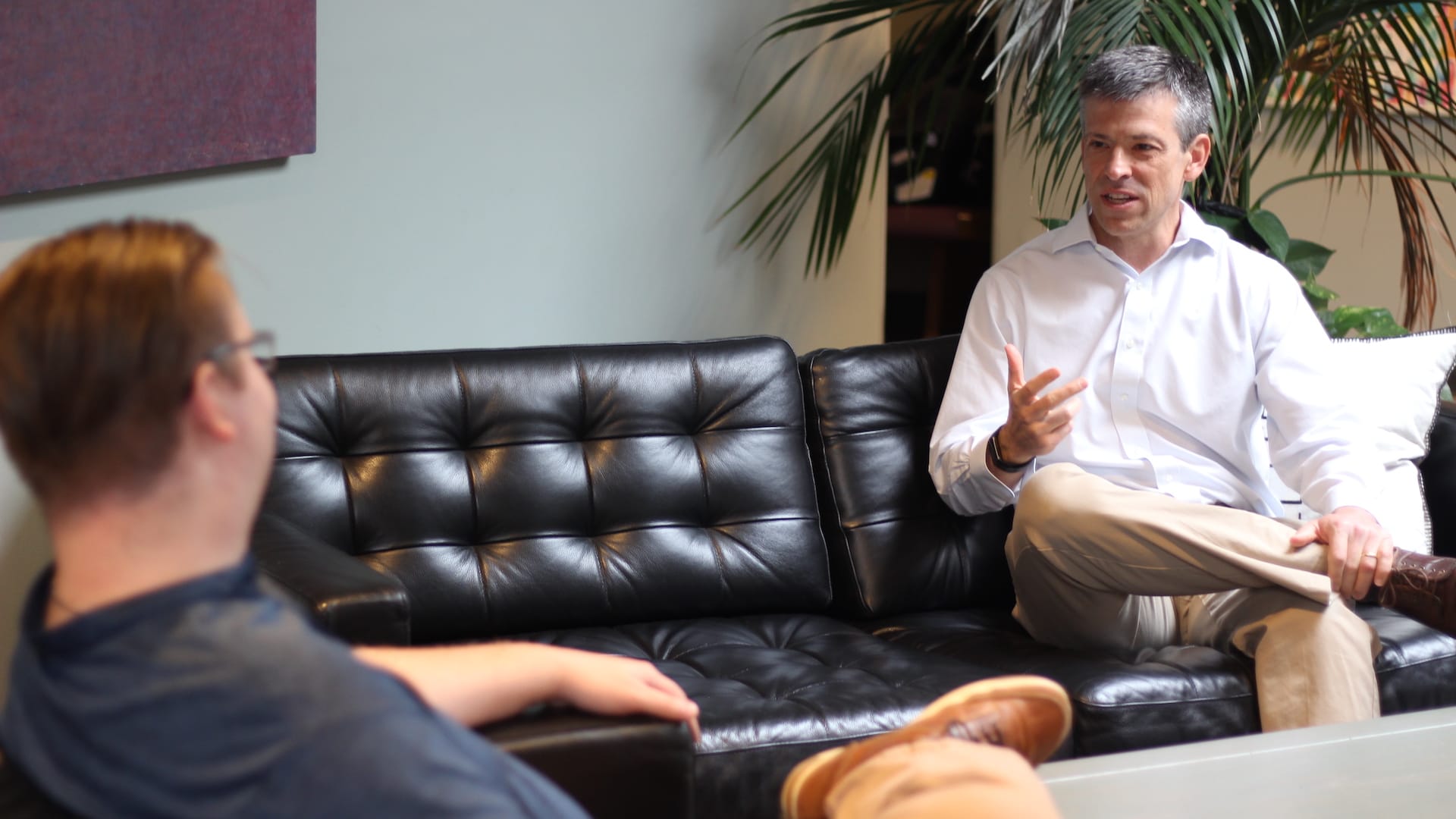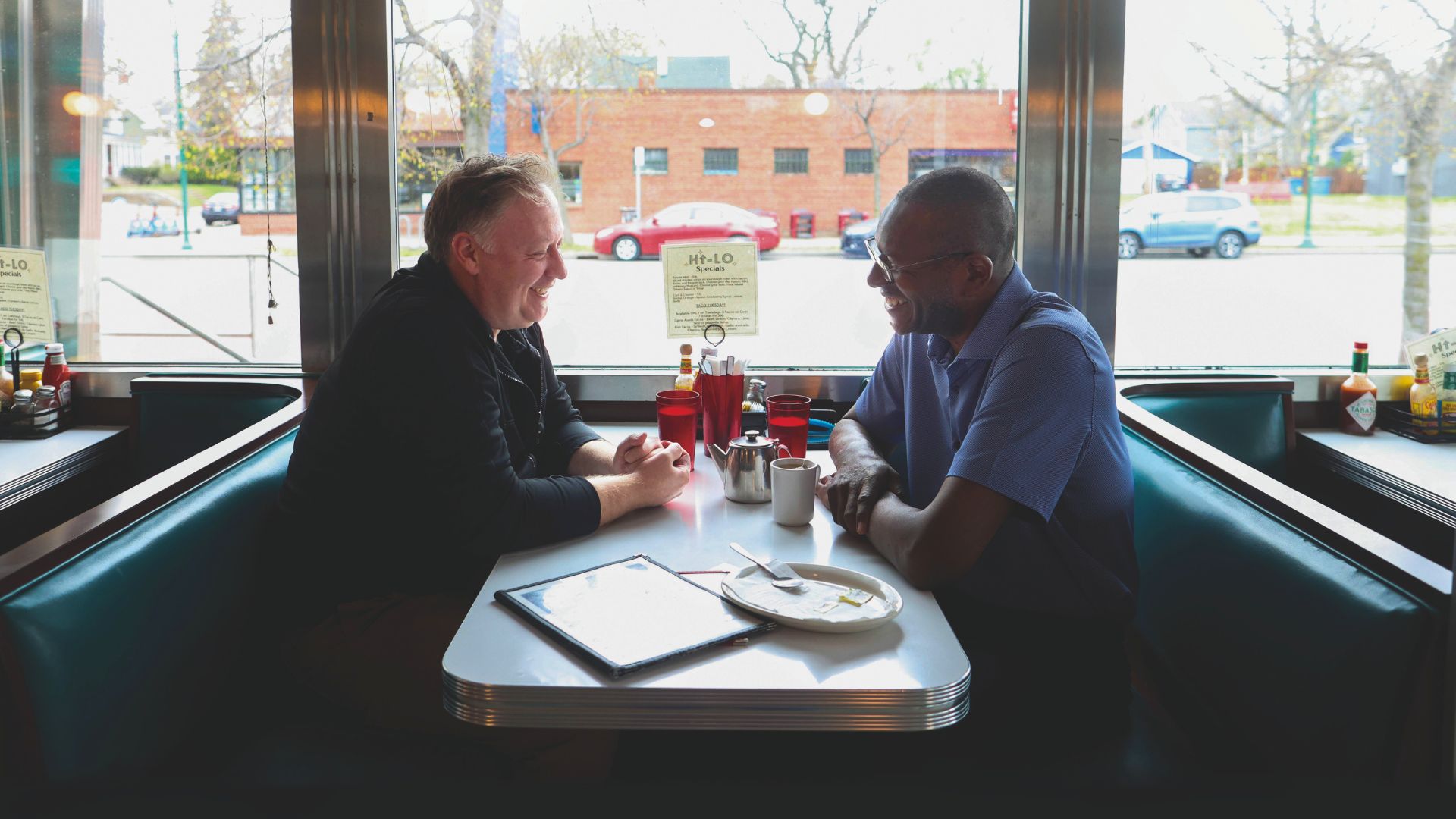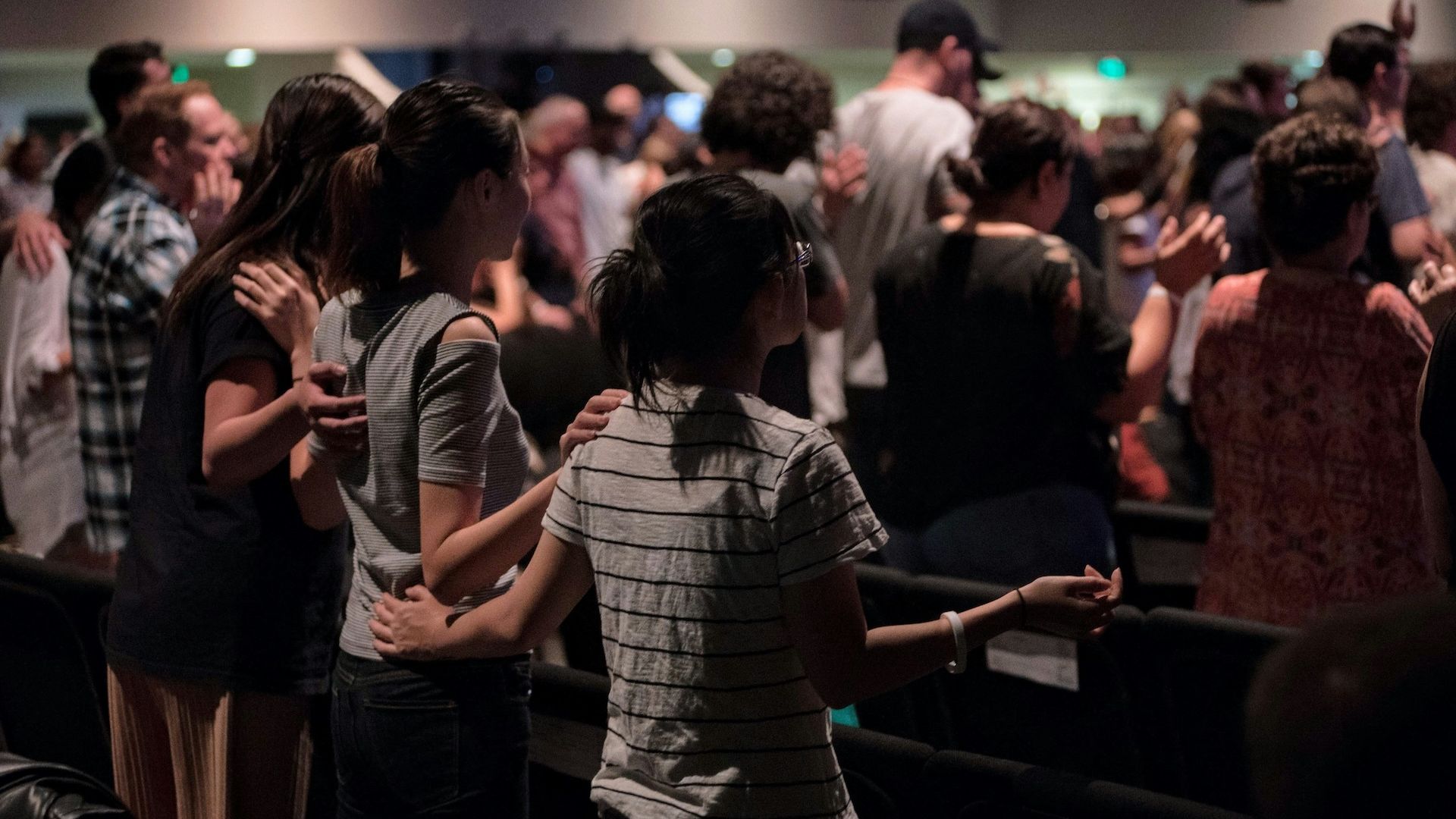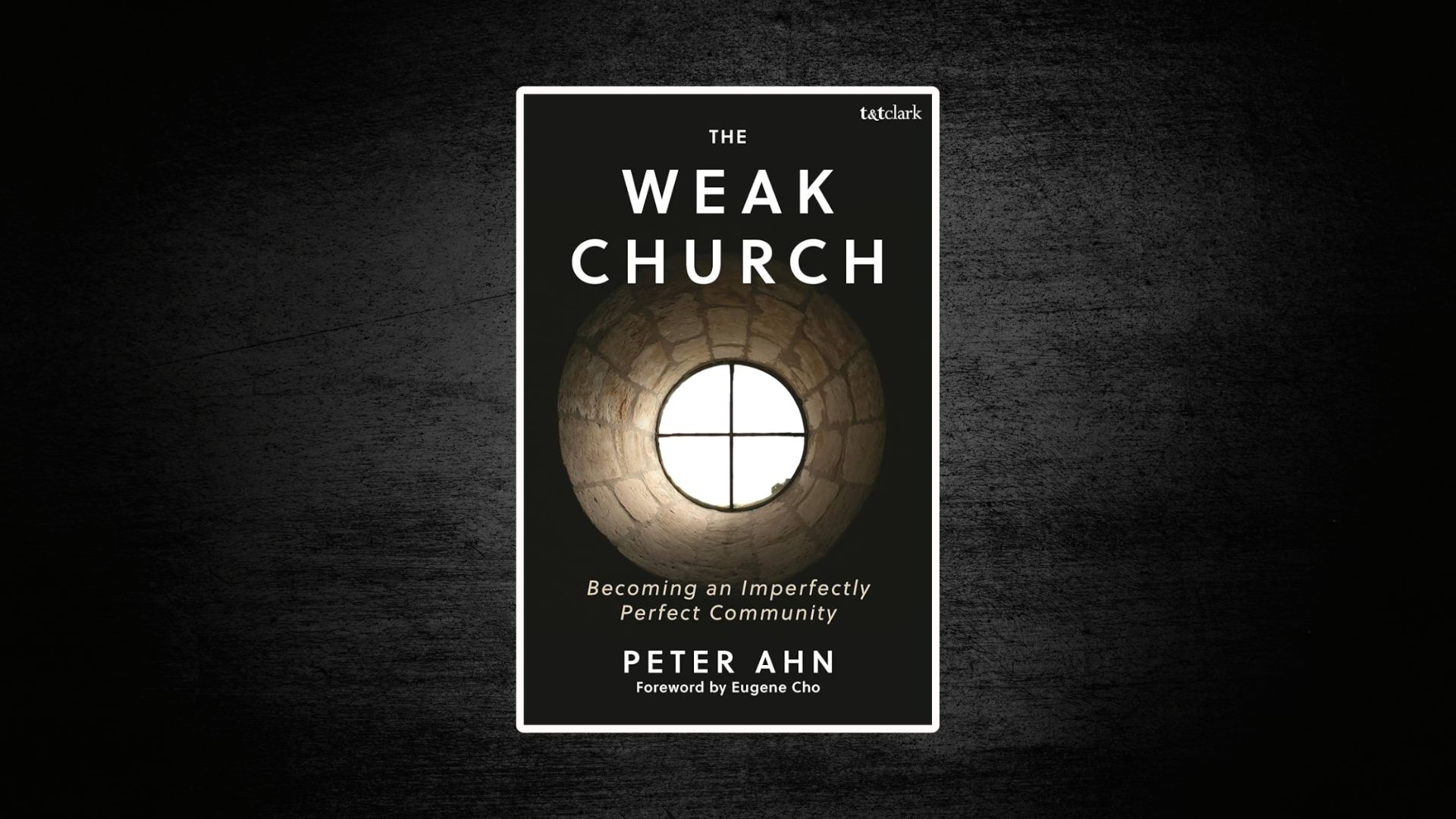Recently, we sat down with Dr. Steve Offutt to talk about his new book, Blood Entanglements: Evangelicals and Gangs in El Salvador. Offutt is associate professor of development studies at Asbury Theological Seminary and a member of Naperville (Illinois) Covenant Church, where he serves as the ministry group director for outreach with his wife, Dr. Amy Reynolds. His expertise is in global Christianity, global poverty, and international development.
How did you become interested in the connection between evangelicals and gangs in El Salvador?
Steve Offutt: I moved to El Salvador in 2000 as part of a dot com business that was seeking to generate income and employment opportunities. Then, in 2001, some significant earthquakes hit the country. When World Relief came in response, we ended up deciding to shut our doors. I became the World Relief director for El Salvador. We worked with local churches to provide humanitarian assistance and, later, do Christian community development in the communities impacted by the earthquakes. Since then, I’ve gone back to El Salvador nearly every year.
In 2014, I started a research project about how religion and various components of poverty interact. At first, I was thinking about housing, food and water intake, health indicators, and income—things you tend to associate with poverty. But when I talked to people, the greatest manifestation of poverty in their communities was violence and security issues. I began researching gang violence and dove deeper into this issue of gangs and evangelical churches.
How do evangelical churches and gangs interact with each other?
In his 2011 book Homies and Hermanos: God and Gangs in Central America, sociologist Bob Brenneman talks about how if you join a gang, you’re in the gang until you die—with one exception. If you have an authentic conversion to evangelical Christianity, they will let you out of the gang to become a part of the church.
In small communities, churches and gangs are the most important civil society organizations—and not much else is going on in terms of community organizations. So you’re going to see church and gang members interacting all the time.
My study looks at the areas of family, government, the economy, and religion to see how they’re bumping into each other, interacting with each other, and creating ties with each other in pretty intimate ways.
You frame these interactions using the entanglement thesis—could you explain that?
If you look at books written about Latin American evangelicalism, there’s this idea of a haven thesis, which basically means that evangelical Christian culture and mainstream Latin American culture have historically been separate from each other. If you became an evangelical, then you were leaving the mainstream culture and entering the haven of evangelical culture.
The haven thesis argues that evangelical churches have historically reached out to try and bring people out of the mainstream culture—to rescue them from social evils that diminish human flourishing and to bring them into the local church, which is more edifying and separate from the culture.
That held true for a long time because there weren’t many evangelicals in these communities. However, the movement kept growing to the point that 50 percent or more of the residents in the areas I studied are now evangelicals. With that growth, evangelicals have increasingly moved into the mainstream culture.
In light of this shift, I’ve proposed the idea of an entanglement thesis. As evangelicals increasingly interact with mainstream culture, they’re becoming more entangled with their communities, entering into relationships from which they had historically pulled back. As this occurs, one group they’ve built relationships with are the gangs.
This might be beyond the scope of your research, but how does living in communities where gang affiliations and violence are a fact of life impact people’s faith journeys?
When I first told the local pastor I worked with that I was going to start studying gangs, we were sitting in his backyard, with no one around. But as soon as I said that, we started to whisper—he was very concerned that someone would hear us. There’s an angst and stress that goes along with living in these communities that will obviously impact your spiritual life.
However, if you are a person who was previously in a gang who has left and joined a church, there is this feeling of having made a clear decision. At some level, for these individuals, there is a strengthening of their faith when this dichotomy is present. The choices are so clear in terms of whether you’re going to choose good or evil, which is also an interesting dynamic.
What lessons can we learn from the interactions between evangelical churches and gangs in El Salvador?
People in all churches are entangled with society in different ways. Some of these ways are good, but we all have other things we’re involved in that might not be edifying to the body. How do we as a church understand that our congregants are spending time in spaces that are not the church? How do we think about the body of Christ that is also embedded in these relationships in the world?
On the downside, those influences can infiltrate our communities, our churches, and our children and influence how we think. On the upside, we can be salt and light in these places.
This is an academic book informed by research, but it is also accessible to lay readers. Who is your intended audience, and what do you hope readers will gain from reading it?
It is published by an academic press, and it’s intended to contribute to our understanding of how Latin American evangelicals interact with social problems, specifically to the conversation about gangs. But I am grateful to hear that it’s accessible because that was a main goal for me.
I hope churches who are specifically interested in Latin America find this book interesting as they train short-term mission teams or as they interface with Latin America in some way. I hope it can be useful for their understanding of the context people are living in.
The other audience would be churches who are interested in knowing more about global Christianity. I hope to shed light on how some churches minister in difficult contexts. If you’re interested in global Christianity and want to be involved in global Christian networks, I hope this book will be useful to you as well.














